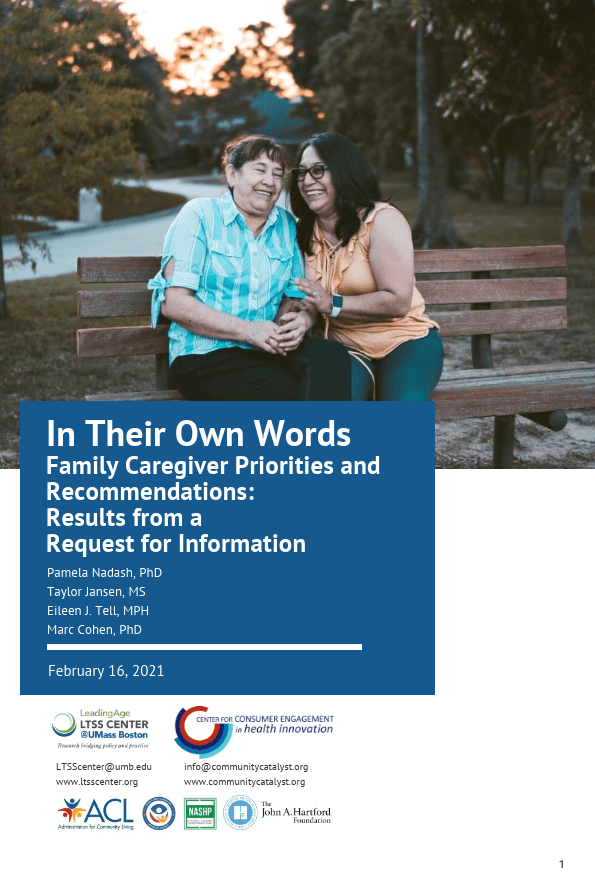
Key Insights for Non-traditional Students
Non-traditional students in California have a wealth of educational options tailored to their unique needs.
Accreditation and program relevance are critical when choosing a college or university.
Support services are essential for maintaining a work-life-education balance.
Financial aid, including scholarships and grants, is available for non-traditional students.
Online courses and local community colleges offer flexibility and accessibility for adult learners.
Scouting California Colleges: A Primer for the Unique Learner
Embarking on the journey of higher education as a non-traditional student can be both exhilarating and daunting. With the right information and a clear plan, you can navigate this path successfully. Let’s dive into what makes a non-traditional student and the unique opportunities available in California.
Defining the Non-traditional Student
So, who exactly is a non-traditional student? Typically, this term refers to learners who might not follow the straight path from high school to college. Maybe you’ve been working for a while, raising a family, or serving in the military. You bring life experience to the classroom, which is a huge asset. However, you also face unique challenges like balancing school with other responsibilities.
California’s Diverse Educational Landscape
California is home to a vibrant mix of educational institutions that cater to a variety of learning preferences and life situations. From state universities to community colleges and online programs, there’s something for everyone. Most importantly, many of these institutions offer support services specifically designed for non-traditional students like you.
Criteria for Non-traditional College Choices
When you’re looking for the right college, there are several factors to consider that are particularly important for non-traditional students:
Assessing Accreditation and Program Relevance
Firstly, ensure that the institution you’re interested in is accredited. Accreditation means that a school meets certain standards of quality and that other institutions and employers widely recognize your degree. Program relevance is just as important; the curriculum should align with your career goals and interests. This means looking into the courses offered and how they will help you in the real world.
Support Services for Work-Life-Education Balance
Because you likely have commitments outside of school, look for colleges that offer flexible scheduling, such as evening or weekend classes, and online learning options. Additionally, seek out institutions that provide resources like childcare, career counseling, and academic advising. These services can make a world of difference in managing your responsibilities.
Financial Considerations: Stretching Your Dollar
Education is an investment, but it shouldn’t break the bank. Here’s how you can make smart financial choices:
Cost-Saving Tips When Choosing a College
Compare tuition rates of different institutions, but also consider the value of the education you’re getting.
Look into community colleges for general education credits, which can be more affordable and transferable to four-year institutions.
Explore options for earning credit for your work and life experience to save time and money.
For instance, Jane, a mother of two, managed to cut down her time in college by a year through a portfolio assessment that earned her credit for her work experience.
And remember, the cost isn’t just about tuition; it’s also about books, supplies, transportation, and potentially lost income if you have to reduce your work hours. Plan accordingly.




